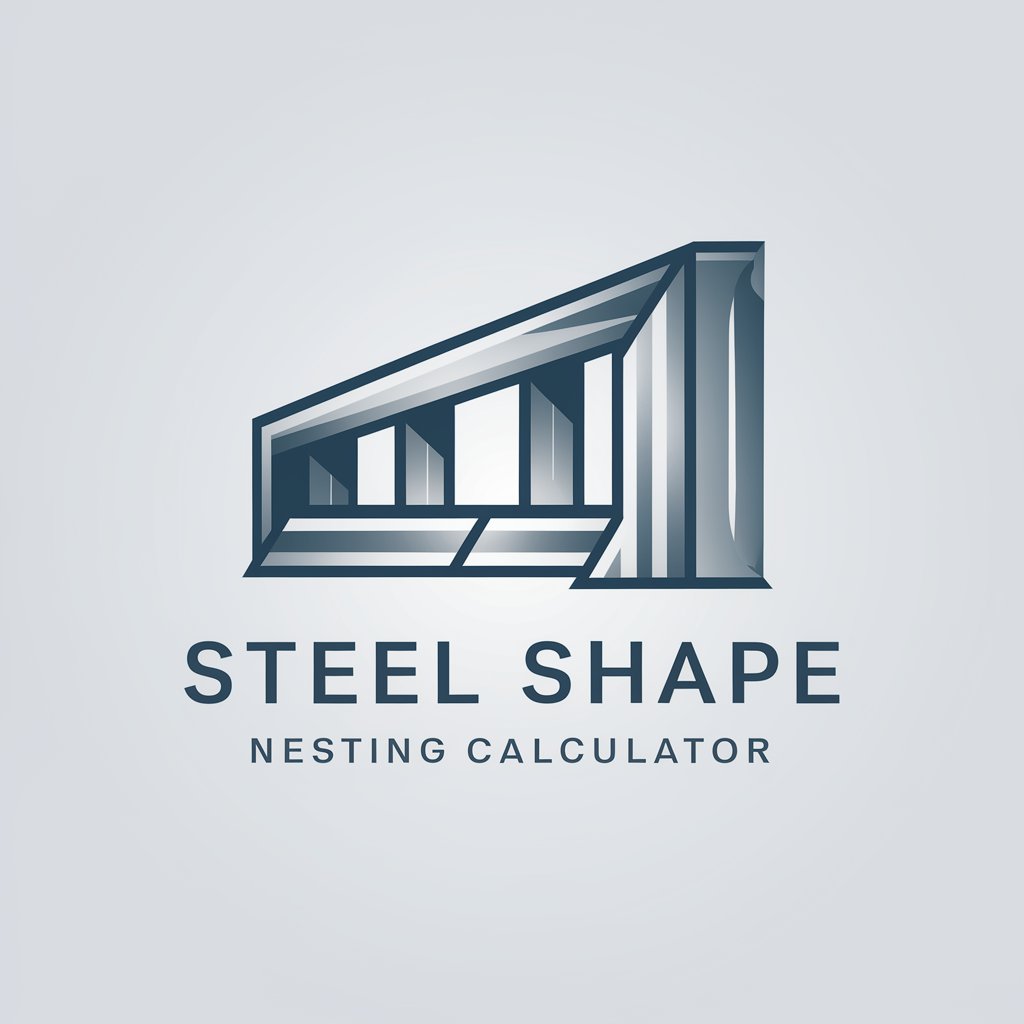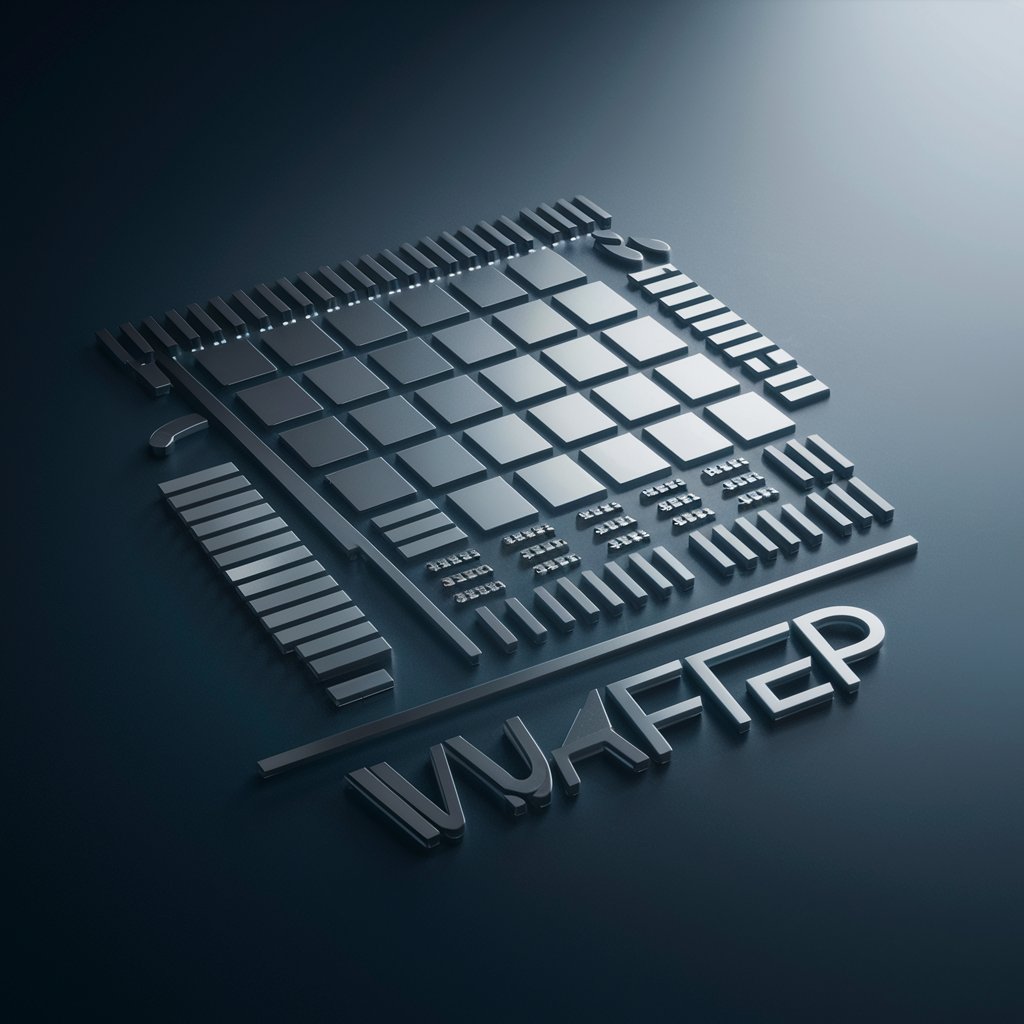4 GPTs for Material Efficiency Powered by AI for Free of 2025
AI GPTs for Material Efficiency are advanced tools based on Generative Pre-trained Transformers technology, designed to optimize the use and management of materials across various industries. These tools leverage the power of AI to analyze, predict, and provide solutions for efficient material usage, waste reduction, and sustainability practices. By integrating data analysis, machine learning, and natural language processing, they offer tailored solutions for improving material efficiency, crucial for environmental sustainability and economic savings.
Top 4 GPTs for Material Efficiency are: OptimaPrint Excellence,Steel Shape Nesting - Calculator,Footwear CAD/CAM,Wafer Size & NetDie Calculator
OptimaPrint Excellence
Empowering your designs with AI precision.

Steel Shape Nesting - Calculator
Optimize steel cutting with AI

Footwear CAD/CAM
Designing Tomorrow's Footwear Today

Wafer Size & NetDie Calculator
Maximize wafer yield with AI precision

Key Characteristics and Capabilities
AI GPTs for Material Efficiency boast several unique features, including adaptability to diverse material efficiency challenges, from optimizing resource allocation to reducing waste. They offer advanced data analysis for pinpointing inefficiencies, predictive modeling to forecast material needs, and natural language processing for easy interaction. These tools also support integration with existing systems, enabling streamlined workflows and decision-making processes. Specialized capabilities like real-time monitoring and recommendations further distinguish them in managing resources effectively.
Who Benefits from Material Efficiency GPTs?
These AI tools are designed for a wide range of users, including environmental scientists, manufacturing engineers, sustainability consultants, and business leaders seeking to enhance material efficiency. They cater to novices by providing user-friendly interfaces and to developers or professionals with coding skills through customizable features and API access. This accessibility ensures that anyone interested in material sustainability, regardless of their technical background, can leverage these tools for improved efficiency.
Try Our other AI GPTs tools for Free
Automatisation CRM
Discover how AI GPTs transform CRM with automation, offering personalized customer interactions, predictive analytics, and seamless integration for all business sizes.
Air Quality Improvement
Explore AI GPT tools designed for Air Quality Improvement. Tailored to aid professionals and novices alike, these tools integrate seamlessly with existing systems, offering adaptable and insightful solutions to combat air pollution.
Professional Timing
Discover how AI GPTs for Professional Timing can transform your scheduling and project management, enhancing efficiency with predictive analytics and adaptable features.
Ethics Advice
Explore AI GPT tools for Ethics Advice – your go-to AI solution for navigating complex ethical decisions and dilemmas with ease and precision.
Personal Defense
Discover how AI GPTs are revolutionizing Personal Defense with real-time, tailored advice for safety and legal guidance.
Infection Control
Discover how AI GPTs revolutionize Infection Control with tailored insights, real-time data analysis, and intuitive interfaces for healthcare professionals and researchers.
Further Observations on GPTs and Material Efficiency
AI GPTs for Material Efficiency not only offer immediate solutions for optimizing material use but also adapt to changing industry trends and sustainability goals. Their user-friendly interfaces facilitate widespread adoption, while the potential for integration allows for seamless enhancement of existing operational frameworks. These tools represent a significant advancement in combining AI with sustainability efforts.
Frequently Asked Questions
What exactly are AI GPTs for Material Efficiency?
AI GPTs for Material Efficiency are intelligent tools that apply Generative Pre-trained Transformers technology to improve the use and sustainability of materials in various industries.
How can these tools improve material efficiency?
They analyze data, predict trends, and offer insights on optimizing material use, reducing waste, and integrating sustainable practices into workflows.
Who should use these AI GPT tools?
They are ideal for anyone in industries related to manufacturing, sustainability, and resource management, including both technical and non-technical users.
Do I need coding skills to use these tools?
No, these tools are designed to be accessible to users without coding skills, though additional customization options are available for those with programming expertise.
Can these tools integrate with existing systems?
Yes, they are designed for easy integration with existing workflows and systems, enhancing their efficiency without the need for significant modifications.
What makes AI GPTs unique for Material Efficiency?
Their ability to adapt to various scenarios, advanced data analysis, and user-friendly interfaces set them apart in optimizing material usage and sustainability.
How do these tools handle data security?
These tools implement robust security measures to protect data integrity and privacy, ensuring that all information is securely processed and stored.
Can AI GPTs predict future material needs?
Yes, through predictive modeling and data analysis, these tools can forecast material requirements, helping to optimize inventory and reduce waste.